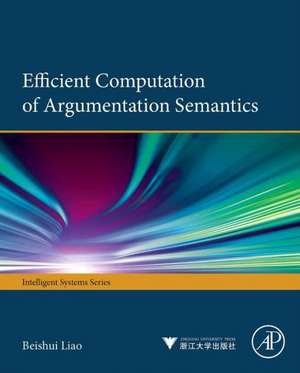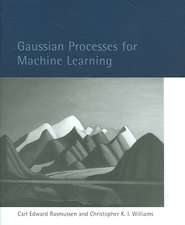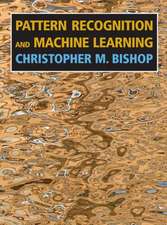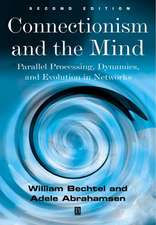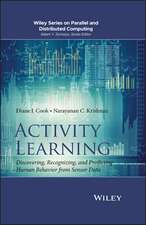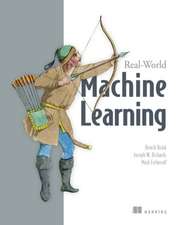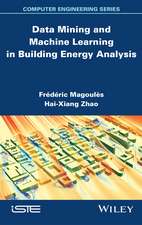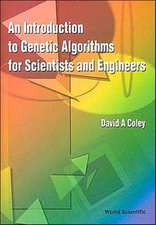Efficient Computation of Argumentation Semantics
Autor Beishui Liaoen Limba Engleză Hardback – 13 ian 2014
The Series in Intelligent Systems publishes titles that cover state-of-the-art knowledge and the latest advances in research and development in intelligent systems. Its scope includes theoretical studies, design methods, and real-world implementations and applications. The series publishes titles in three core sub-topic areas: intelligent automation, intelligent transportation systems, and intelligent computing.
- The first book to cover new methods for computing static, dynamic, and partial argumentation systems
- Methods are applicable to development of systems and research areas in both AI and broader intelligent systems
- Provides the AI and IS community with insight into the critical field of efficient computation, with a focus on intelligent automation, intelligent transportation systems, and intelligent computing
Preț: 412.21 lei
Preț vechi: 568.08 lei
-27% Nou
Puncte Express: 618
Preț estimativ în valută:
78.90€ • 85.73$ • 66.32£
78.90€ • 85.73$ • 66.32£
Carte tipărită la comandă
Livrare economică 14-28 aprilie
Preluare comenzi: 021 569.72.76
Specificații
ISBN-13: 9780124104068
ISBN-10: 0124104061
Pagini: 148
Ilustrații: 50 illustrations
Dimensiuni: 191 x 235 x 13 mm
Greutate: 0.48 kg
Editura: ELSEVIER SCIENCE
ISBN-10: 0124104061
Pagini: 148
Ilustrații: 50 illustrations
Dimensiuni: 191 x 235 x 13 mm
Greutate: 0.48 kg
Editura: ELSEVIER SCIENCE
Public țintă
Electrical and Electronic Engineers; Mechanical Engineers; Computer Engineers; Intelligent Systems specialists.Cuprins
- Argumentation semantics and their computation: An introduction
- Preliminaries
- Computing the semantics of dynamic argumentation systems: A division based approach
- Computing the semantics of static argumentation systems: A partition based approach
- Computing the partial semantics of argumentation: A localized approach
- Conclusions and future work
